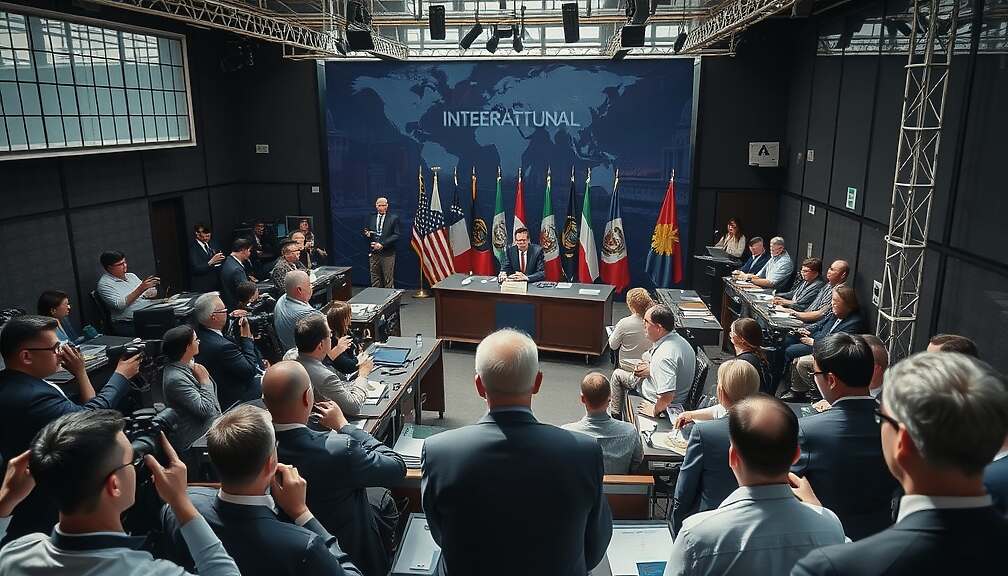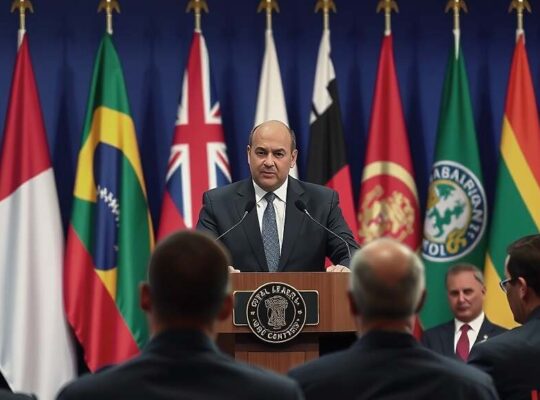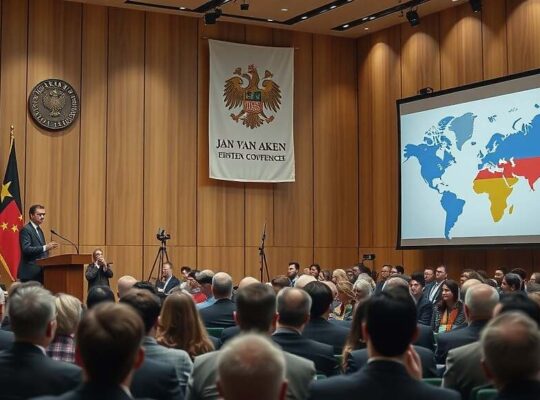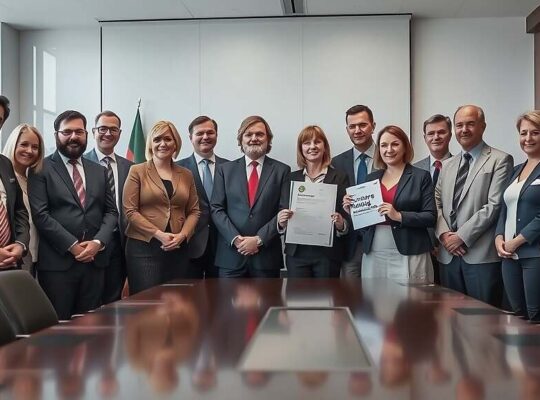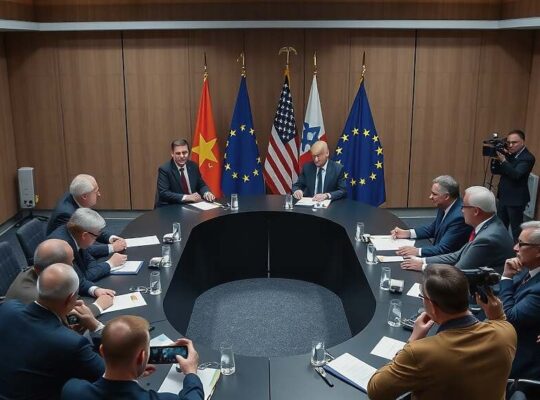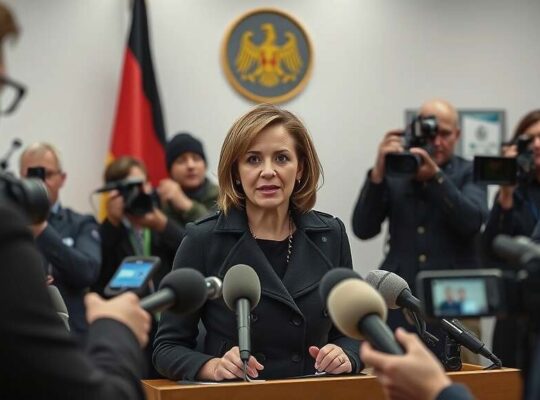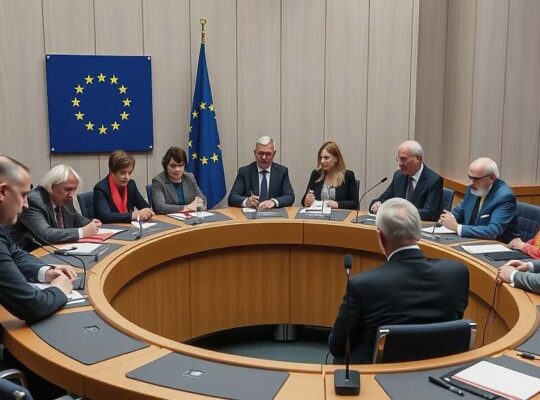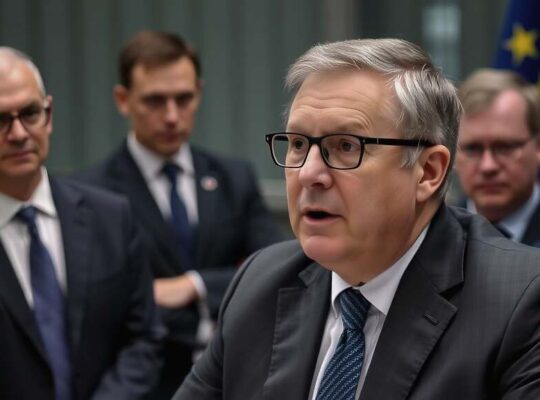European broadcasters and Members of the European Parliament are escalating pressure on European Commission President Ursula von der Leyen and High Representative for Foreign Affairs, Kaja Kallas, to actively challenge proposed visa restrictions by the United States government targeting foreign journalists. A joint letter, revealed in the German business publication “Handelsblatt”, demands the Commission’s intervention against a policy that would drastically reduce the validity of journalist visas from five years to a mere eight months.
The initiative, spearheaded by the European Broadcasting Union (EBU) representing over 43,000 journalists, frames the US policy as a concerning tactic reminiscent of authoritarian regimes. Pascal Albrechtskirchinger, head of ZDF’s Brussels bureau, voiced deep concern, stating the planned changes appear explicitly designed to impede independent media reporting deemed difficult for the US government to control. The letter emphasizes the crucial role of unfettered foreign reporting in ensuring global accuracy regarding events within the United States, highlighting the potential for skewed narratives if independent voices are silenced.
Adding to the chorus of dissent, leaders of the Christian Democratic Union (CDU/CSU), Social Democratic Party (SPD), Green Party and the Free Democratic Party within the European Parliament have issued a separate appeal to President von der Leyen, urging a clear and unequivocal condemnation of the US government’s actions. They argue that remaining silent on the matter would send a devastating signal about Europe’s commitment to press freedom and its values.
The timing of the US restrictions coincides with heightened scrutiny of American foreign policy and raises questions about the administration’s tolerance for critical reporting. Critics contend the move could be interpreted as a deliberate attempt to control the flow of information about the US internationally and potentially set a dangerous precedent for other nations.
The European Commission has thus far declined to comment on the letters, maintaining a cautious stance. However, the escalating pressure from both broadcasters and parliamentarians suggests a potential diplomatic confrontation is looming, raising serious questions about the future of transatlantic relations and the protection of fundamental press freedoms.


